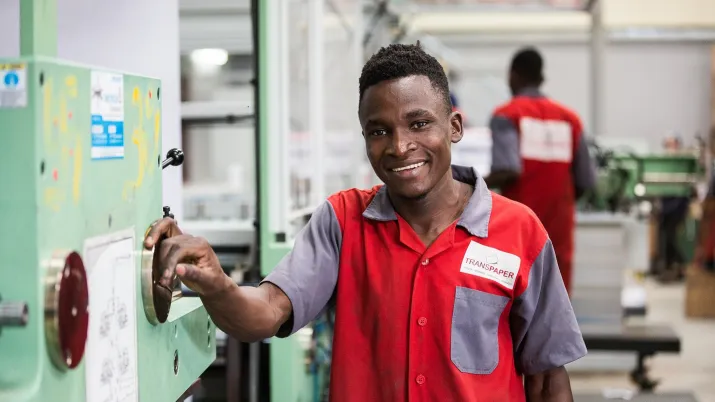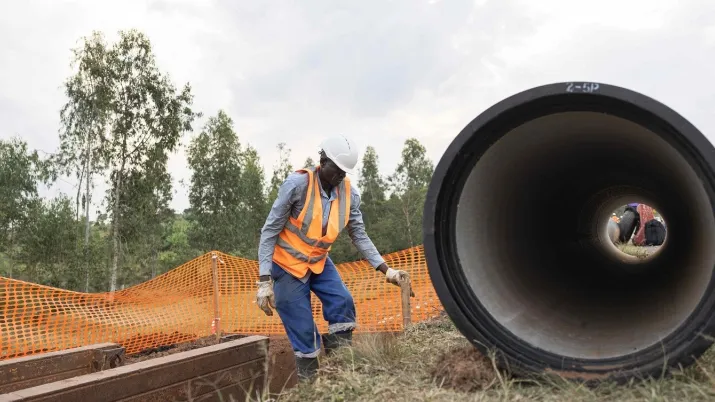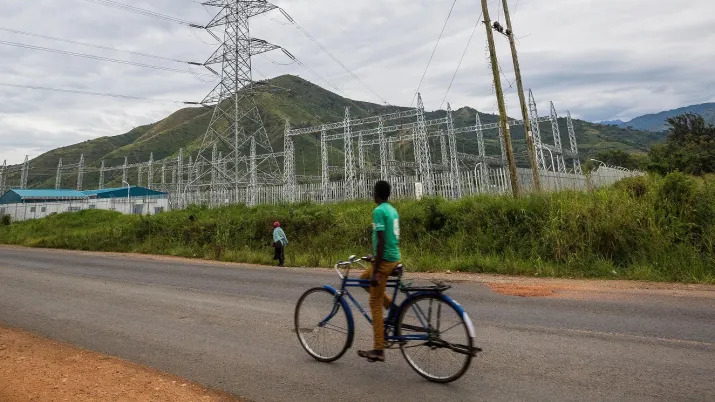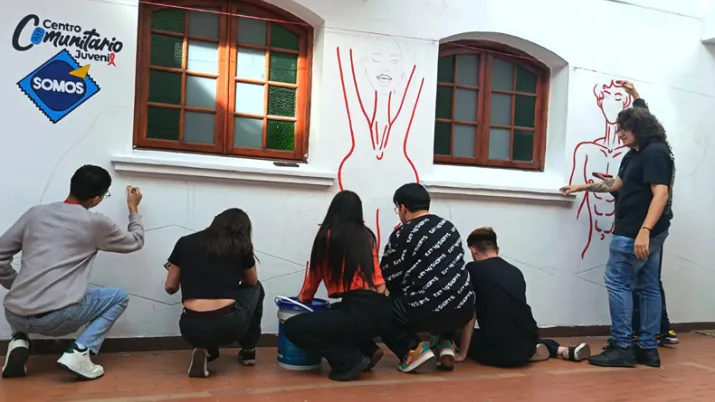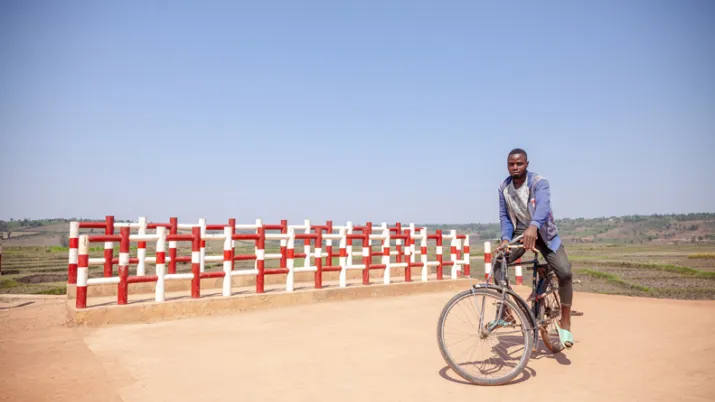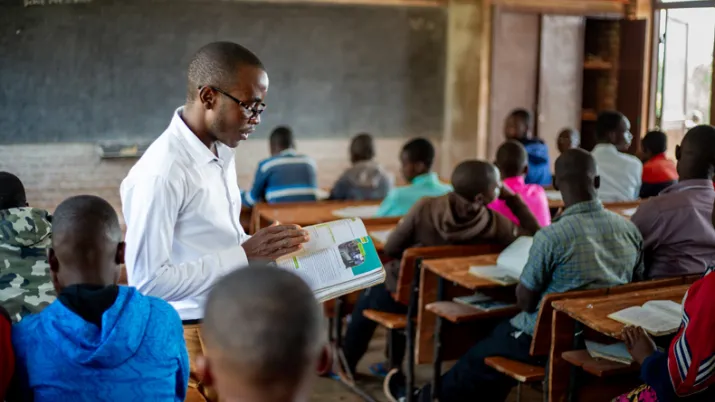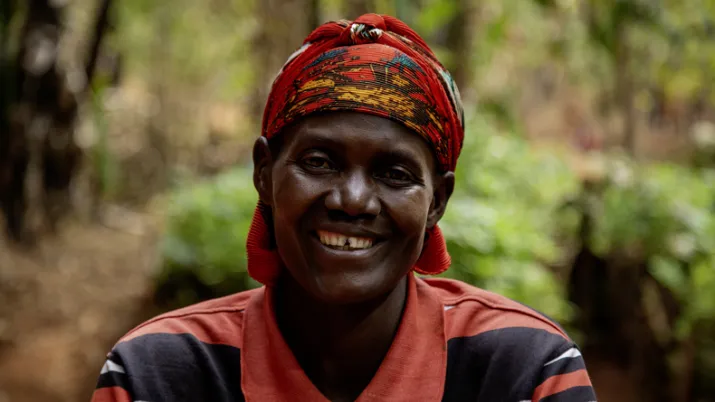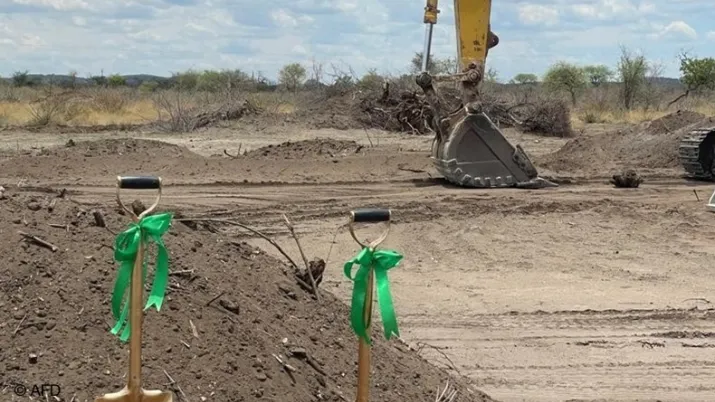Share the page
UGANDA Incremental housing project: microfinance loans adapted to housing needs of low-income populations
Project
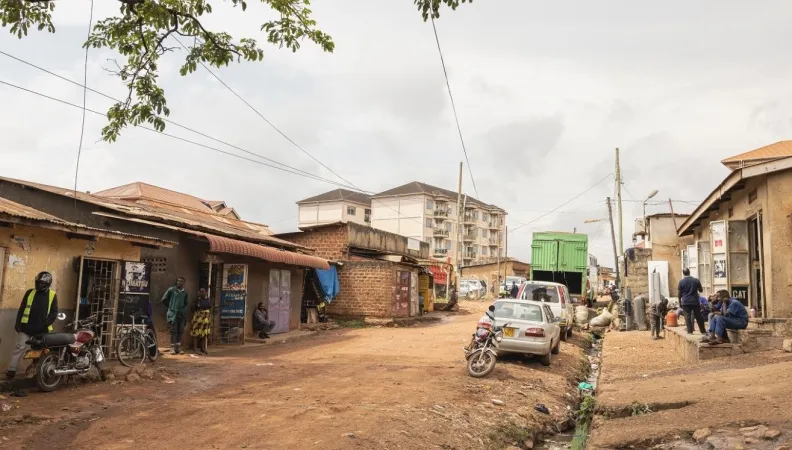

-
Project start date
-
Status
Ongoing
-
Project end date
-
-
Project duration
-
5 years
-
AFD financing amount
-
€ 10 500 000
-
Country and region
-
Location
-
Uganda
-
Type of financing
-
Beneficiaries
-
Housing Finance Bank
-
Type of beneficiary
-
CSO
The purpose of this project is to provide access to housing for low and middle-income Ugandan populations, by supporting the development of a housing finance offer adapted to the needs of the population.
Context
Uganda’s current housing stock is estimated at about 8 021 000 housing units with an average household size of 4.7 persons for the 37.7 million residents. Rental markets are dominant, particularly in urban areas. In Kampala, for example, over 71 percent of households rent their dwellings.
Although the demand for housing units is high among Uganda’s middle class with aggregate monthly household incomes ranging between US$400 (UGX 553 600) TO US$1 000 (UGX 3 884 000), actual demand is perceived to be modest, because of the low levels of verifiable income.
In the past years, the bank has been working on developing more affordable housing in order to serve the low and middle-income populations not served today by the financial system.
Description
In order to achieve that, the bank has been working with Habitat for Humanity to realize a market study in order to assess the market potential.
The project will revolve around; extending a line of credit to Housing Finance Bank in local currency intended primarily for financing the renovation, expansion and self-construction of housing; and a technical cooperation program to support the bank in deployment of its housing microfinance offer to all its branches.
The loans will average euros 4,200 (UGX 18.7 million) and target populations earning between euro 45 and 450 monthly (between UGX 200,000 and 2 million)
Impacts
- By 2023, more than 3,300 men and women will have received incremental housing loans.
- By increasing financial inclusion, AFD is supporting the Government of Uganda to achieve its broader national goal of Vision 2040 to create 1.6 million new homes and make home loans more affordable.
- Decent housing improves people’s living conditions and has a positive impact on their health and education.
- This project will improve social well-being and reduce social imbalances. Access to home ownership and affordable housing is a vector of social integration and a factor of human development.



